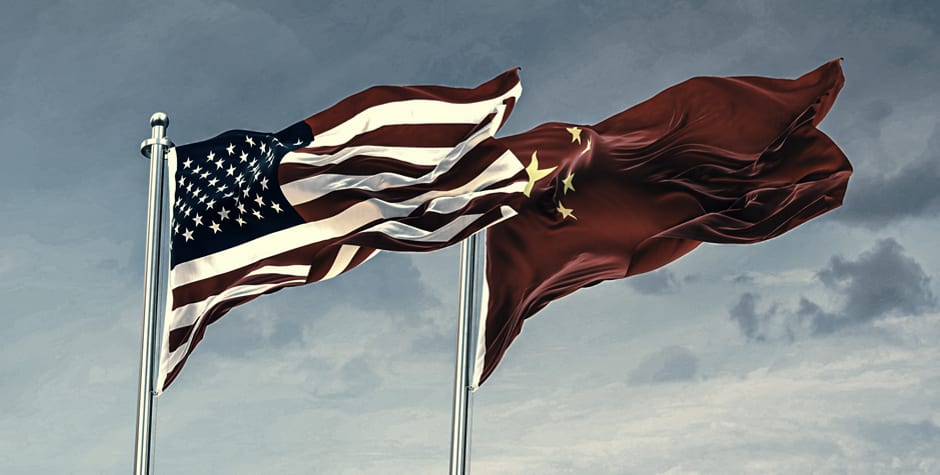A Four-Star General Thinks We Will Go to War With China in Two Years – What You Need To Know
General Mike Minihan just made headlines when he predicted that the U.S. would go to war with China in 2025. General Minihan is the commander of Headquarters Air Mobility Command. In a memorandum dated February 1, 2023, the general instructed his subordinates to prepare for war with China and to begin those preparations immediately. He based his prediction on China’s continued aggression toward Taiwan and the presidential elections that will take place in Taiwan and in the United States in 2024. He believes that China will take advantage of the political distractions in both countries and invade Taiwan. He told his troops that a U.S. response to this must acknowledge that “unrepentant lethality matters most.”
The Pentagon immediately distanced the Department of Defense from the memo and stated it did not reflect DOD policy. It is true, a general’s job is to prepare for war—not to predict it. It has been said that predicting a war is a fool’s errand. However, with that said, the general’s sentiments and concerns are on target (though this memo clearly should never have become public). Being prepared for war is imperative, always. Throughout my Army career, at every level, from a battalion to the Pentagon itself, we were always reminded that we must be prepared to go to war, and that preparation was to inform everything we did.
As I recently detailed, we are not prepared for war with China. We hope we will never have to go to war with the communist nation. But hope is not a plan, and hope never wins a war. China’s aggressive behavior toward Taiwan is a daily occurrence. China routinely violates Taiwan’s airspace and the waters around the island nation. When Nancy Pelosi visited Taipei last year, the Chinese military conducted a rehearsal of forming a complete blockade around the island. President Xi has stated they prefer a peaceful “reunification” with Taiwan—but will use military force if necessary. We need to take the actual words of our adversary at face value.
Meanwhile, our support of Ukraine with weapons and ammunition depletes our own arsenal. As I stated last week, we are not replacing the military equipment we send to Ukraine in a timely manner. The Pentagon’s contract and procurement systems are antiquated and slow. In addition to the war in Ukraine, we must be aware of Russia’s aggressive behavior in general, Iran’s threats to Israel, the unpredictable regime in North Korea and its threats to South Korea—as well as the likelihood that, at some point, China will attack Taiwan. Even though we are not in a direct war, our military production should be on a wartime footing. It is not.
Additionally, we continue to rely on China for basic goods and necessities in America. Outsourcing our production to China over the last few decades—while lowering prices and increasing corporations’ bottom lines—will possibly be our downfall. Everything from medicines and medical equipment to cars, phones, and computers, to electronic parts for our homes and vehicles, to fertilizer to grow our food comes from China. We are dependent on China. With any bad acts by the Chinese, our responses are limited due to our dependence on them. And we are not doing anything significant to change this. Our dependence on China makes war with China more likely, not less.
China continues to build up its military while Congress and the White House often haggle over our defense budget. China’s goal is to replace the U.S. as a superpower by 2050. In the last eight years, the Chinese defense budget grew from $114 billion to $230 billion. While not as sophisticated and lethal, China already has a larger navy than the U.S. in the number of vessels. In naval battles, the nation with the larger navy usually wins.
We must be realistic about the threat we face from China. We must be bold and willing to make sacrifices in order to extricate ourselves from dependence on the communist nation. We must look at the threat environment around the world with clarity and not in a state of denial. China is not the only country that wishes us harm. The U.S. Air Force general may be off the mark in predicting the precise year in which a war might start, but his concerns about our adversary are warranted. Our U.S. leadership must take them seriously.
Support the work of the ACLJ as we continue to bring you expert analysis and legal action on the issues that matter most.


